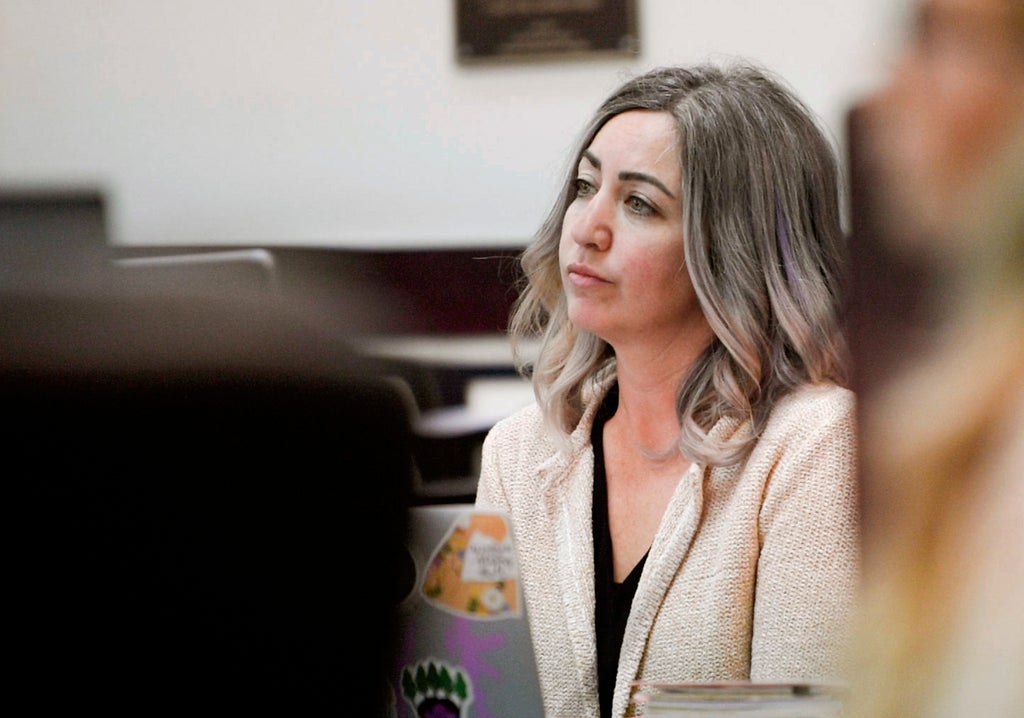
The defense rested Thursday in the trial of a former Tennessee nurse who killed a patient by accidentally injecting her with a paralyzing drug.
RaDonda Vaught, 37, is facing a charge of reckless homicide for administering vecuronium to 75-year-old Charlene Murphey instead of the sedative Versed on Dec. 26, 2017.
Prosecutors argued that Vaught disregarded the standard of care expected of nurses as well as her own training when she made multiple errors leading to the fatal injection. Vaught's attorney argued that the nurse was not acting outside of the norm and that systemic problems at Vanderbilt University Medical Center were at least partly to blame for the error.
Murphey had been admitted to the neuro ICU on Dec. 24, 2017, after suffering from a brain bleed. On the 26th, doctors trying to determine the cause of the bleed ordered a PET scan to check for cancer. Murphey was claustrophobic and was prescribed Versed for her anxiety, according to testimony. When Vaught could not find Versed in an automatic drug dispensing cabinet, she used an override and accidentally grabbed vecuronium instead.
Prosecutors called nurse legal consultant Donna Jones as an expert witness to testify that Vaught acted negligently towards Murphey. In addition to grabbing the wrong medicine, Vaught failed to read the name of the drug, didn’t notice a red warning on the top of the medication, and didn’t stay with the patient to check for an adverse reaction, Jones testified.
Asked whether she thinks Vaught committed gross neglect, Jones, who said she was being paid for her testimony, responded, “Yes. I do.”
Vaught's attorney called only one witness. Leanna Craft is a nurse educator at Vanderbilt’s neuro ICU unit where Vaught worked. She testified that in December 2017 it was common for nurses to override the automatic dispensing system in order to get drugs. The hospital had recently updated its electronic records system, which led to delays in retrieving medications from automatic drug dispensing cabinets, she said. There was also no scanner in the imaging area for Vaught to scan the medication against the patient’s ID bracelet.
Craft testified she has thought about how she would have acted in the same situation, comparing her 30 years of experience to Vaught's two years. Craft said electronic scanning wasn't available when she was a young nurse, so it was drilled into nurses to always double-check medications.
“Nurses now are very reliant on scanning the medications,” she said. If they don't get an electronic warning that something is wrong, “I feel like a majority of them don’t look at the medications."







